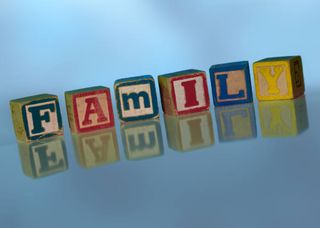 Constantly in the news, it seems like there is a new scam making headlines. One surprising area in which scams are becoming more common is estate planning. Each year, more people fall victim to unscrupulous and unqualified sellers of ineffective estate planning documents. Often, these scammers are door-to-door salesmen or telemarketers.
Constantly in the news, it seems like there is a new scam making headlines. One surprising area in which scams are becoming more common is estate planning. Each year, more people fall victim to unscrupulous and unqualified sellers of ineffective estate planning documents. Often, these scammers are door-to-door salesmen or telemarketers.
Estate planning is a very personal and essential process to protect your loved ones and your assets. And all it takes is a scammer to mess that all up. A recent Webwire article, titled "How to Avoid an Estate Planning Scam," points out things to keep in mind when considering your estate planning options.
Employ a qualified estate planning attorney. Do-It-Yourself is very popular these days, from home improvement to filing income taxes. There are many websites that offer DIY wills. Beware! Estate planning is not a point-and-click or fill-in-the-blank proposition: it is a complex area of law with different rules depending on where you reside. Use a licensed, experienced estate planning attorney to prepare your estate plan. Check with the state bar and make sure he or she is licensed to practice law in your state.
 Houston Estate Planning and Elder Law Attorney Blog
Houston Estate Planning and Elder Law Attorney Blog








